President: ‘Russia using energy and migration as weapon against Europe’
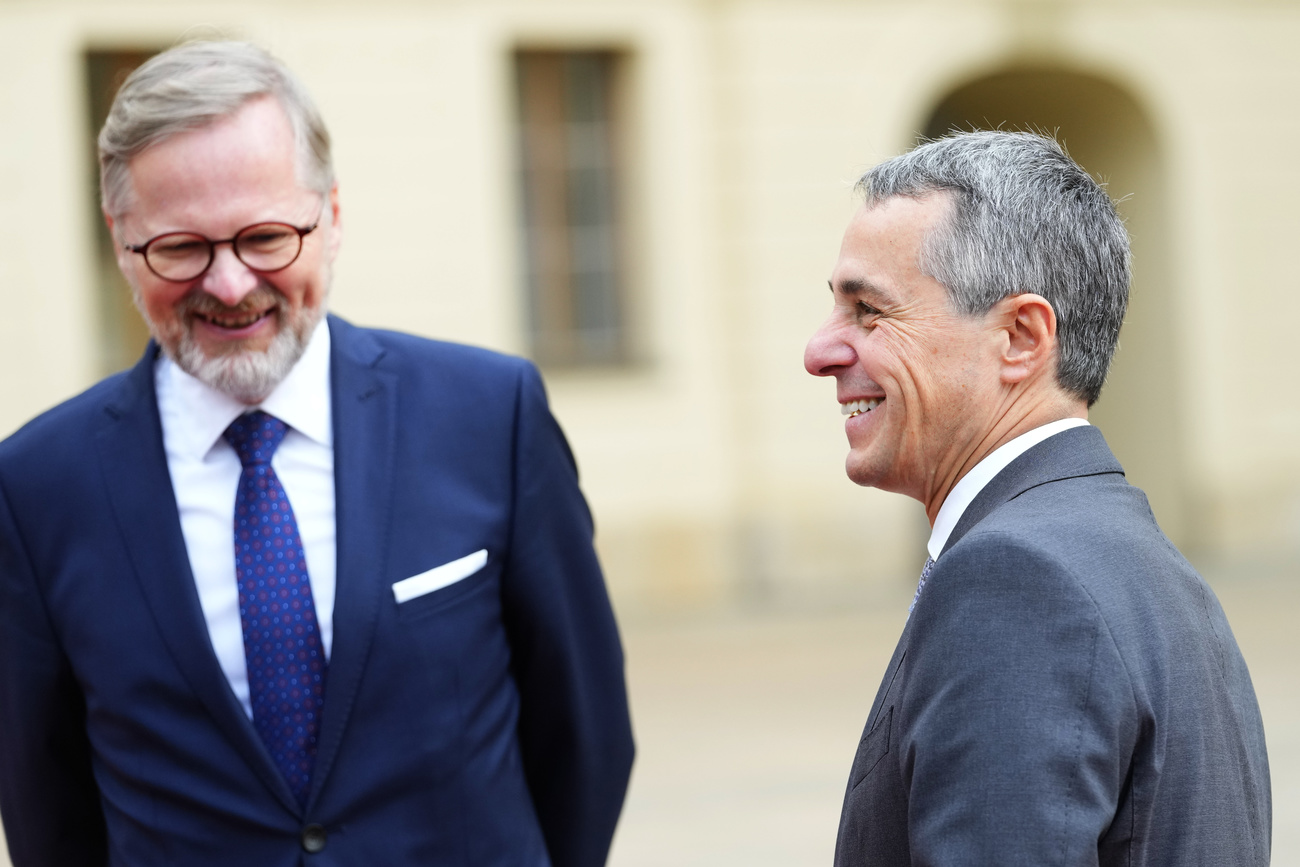
Swiss President Ignazio Cassis has spoken of a turning point for the continent at the first summit of the European Political Community, attended by more than 40 European leaders.
“This summit is a symbol. A symbol that Europe can be strong when it seeks concrete solutions,” Cassis, who is also the Swiss foreign minister, said at a press conference in Prague on Thursday.
In view of the war in Ukraine and the challenges it poses, Cassis welcomed the fact that “cooperation was thought out more broadly” in this format.
“At the moment, Russia is destabilising the European continent with energy and migration as weapons,” he said. This, in his opinion, had contributed to a closing of ranks and a “sense of a community of destiny”.
The forum, aimed at boosting security and prosperity across Europe, brought together existing EU members, aspiring partners in the Balkans and Eastern Europe, as well as Britain and Turkey. Russia was the one major European power not invited, along with its neighbour and supporter in the war, Belarus.
“At a time when the entire continent is facing major challenges, this new broader format provides a welcome opportunity for direct and informal exchanges with other European countries,” Cassis said in a foreign ministry statementExternal link. “In hosting the Ukraine Recovery Conference this year, for example, Switzerland has demonstrated that it is helping to promote peace, stability and democracy in Europe.”
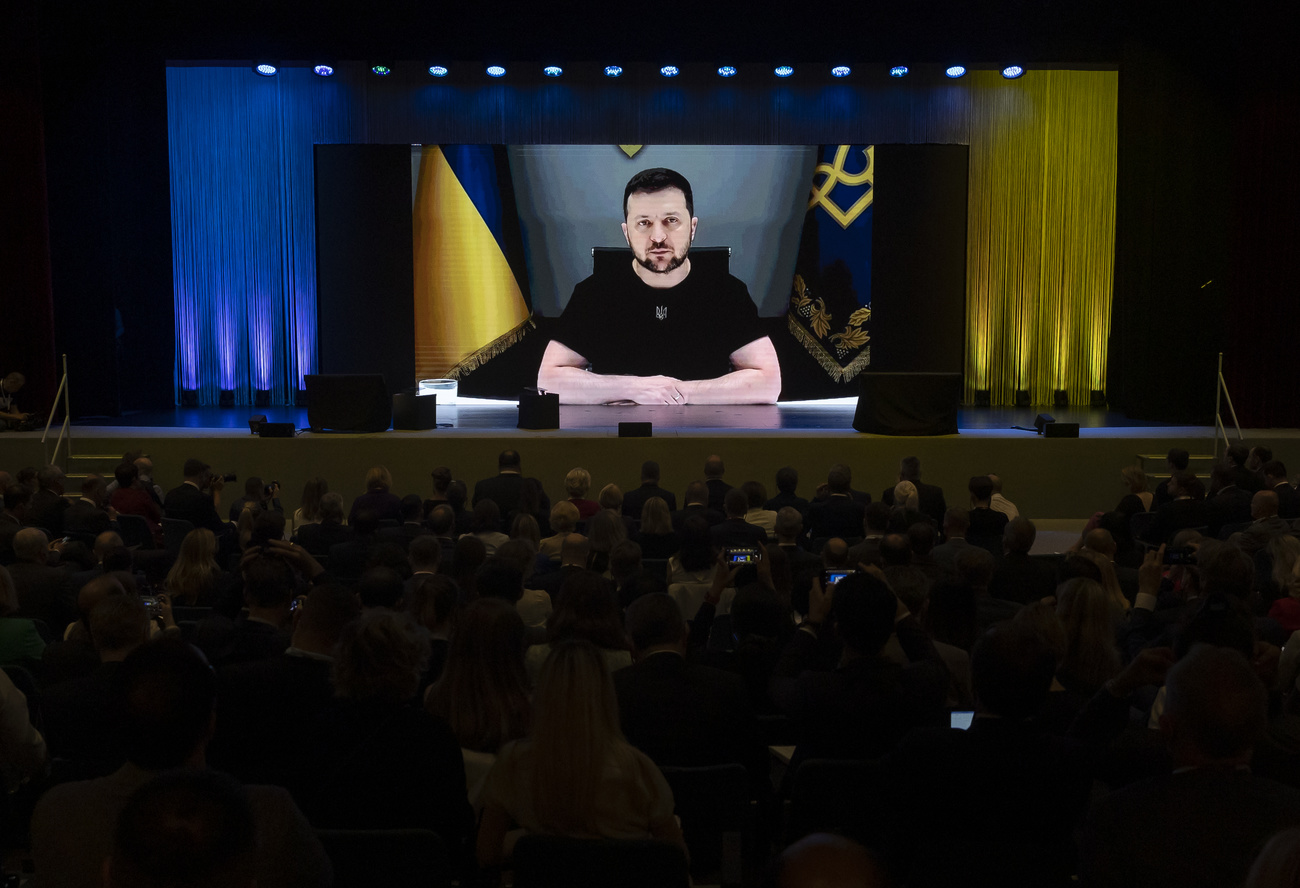
More
Swiss conference focuses on Ukraine ‘reform, resilience and recovery’
‘Reliable partner’
As an “active and reliable partner” in Europe with a long tradition of solidarity, Switzerland is interested in supporting the future development of the European Political Community, the foreign ministry said in the statement.
In 2021 Switzerland unilaterally walked away from negotiations with the EU on a framework deal to replace the more than 120 bilateral accords which have regulated relations for the past decades. That led to a souring of relations between Bern and Brussels and efforts to break the diplomatic deadlock have come to nothing.
This first meeting in Prague was attended by the EU and its member states as well as 17 non-member states. In future, such meetings will take place once or twice a year, with one EU and one non-EU state alternately hosting the summit. The next meeting will be held in Moldova in spring.
Blick: “Ignazio Cassis, who took part in the workshop on energy at this gathering of some 40 heads of state or government, will return to Bern with a reason for hope. Under the impetus of France, the European Political Community, intended to bring together the forces present around the 27 member countries of the union, has indeed produced a semblance of cement. Cooperation will be able to take shape, or be accelerated.”
CH-Media: “The realisation that Europe is more than just the European Union and that we need to talk to each other is to be welcomed, especially from a Swiss perspective.”
Tages-Anzeiger: “In the end everyone came, including President Ignazio Cassis. Obviously there is a demand for [French President] Macron’s idea. For Switzerland, the new format is an opportunity to sit at the table on an equal footing. For once, it will not be about annoying institutional issues or access to the EU internal market. The goal is a political platform to discuss issues that affect the entire continent. Right now everything is about Russia’s war and the impact on Europe. In this sense, the meeting is also an anti-Putin summit, which shows how isolated the Russian president is.”
“A next meeting is already planned for May in Chisinau, the capital of the Republic of Moldova. The summits are to take place alternately in the EU and in a third country. At some point, Switzerland could also get a chance if the government wants it to. One risk may be in the back of the government’s mind in Bern: the vast majority of third countries at the summit in Prague actually want to join the EU or are at least in the European Economic Area. Should these accession hopes be fulfilled in the distant future, Macron’s idea would become obsolete.”
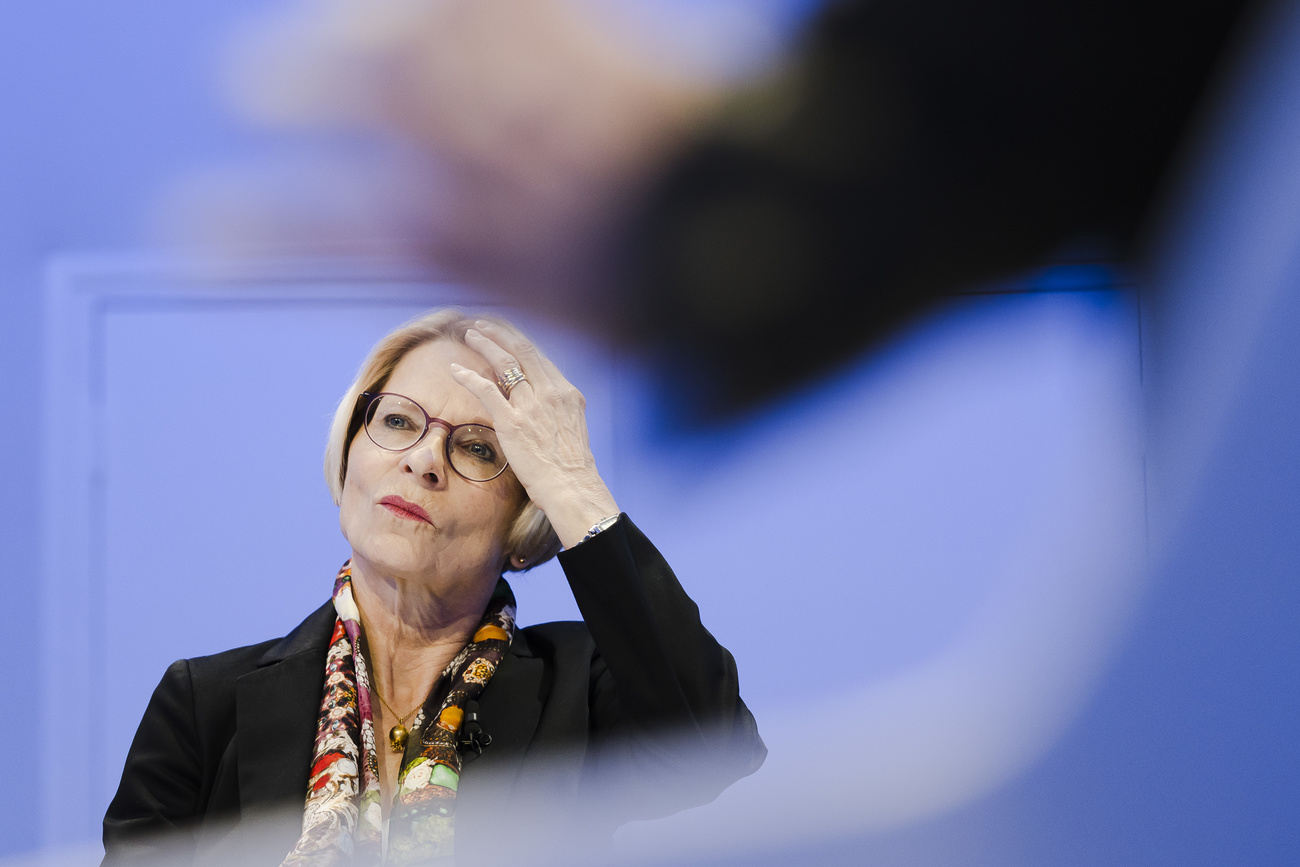
More
Diplomatic efforts fail to break Swiss-EU deadlock

In compliance with the JTI standards
More: SWI swissinfo.ch certified by the Journalism Trust Initiative













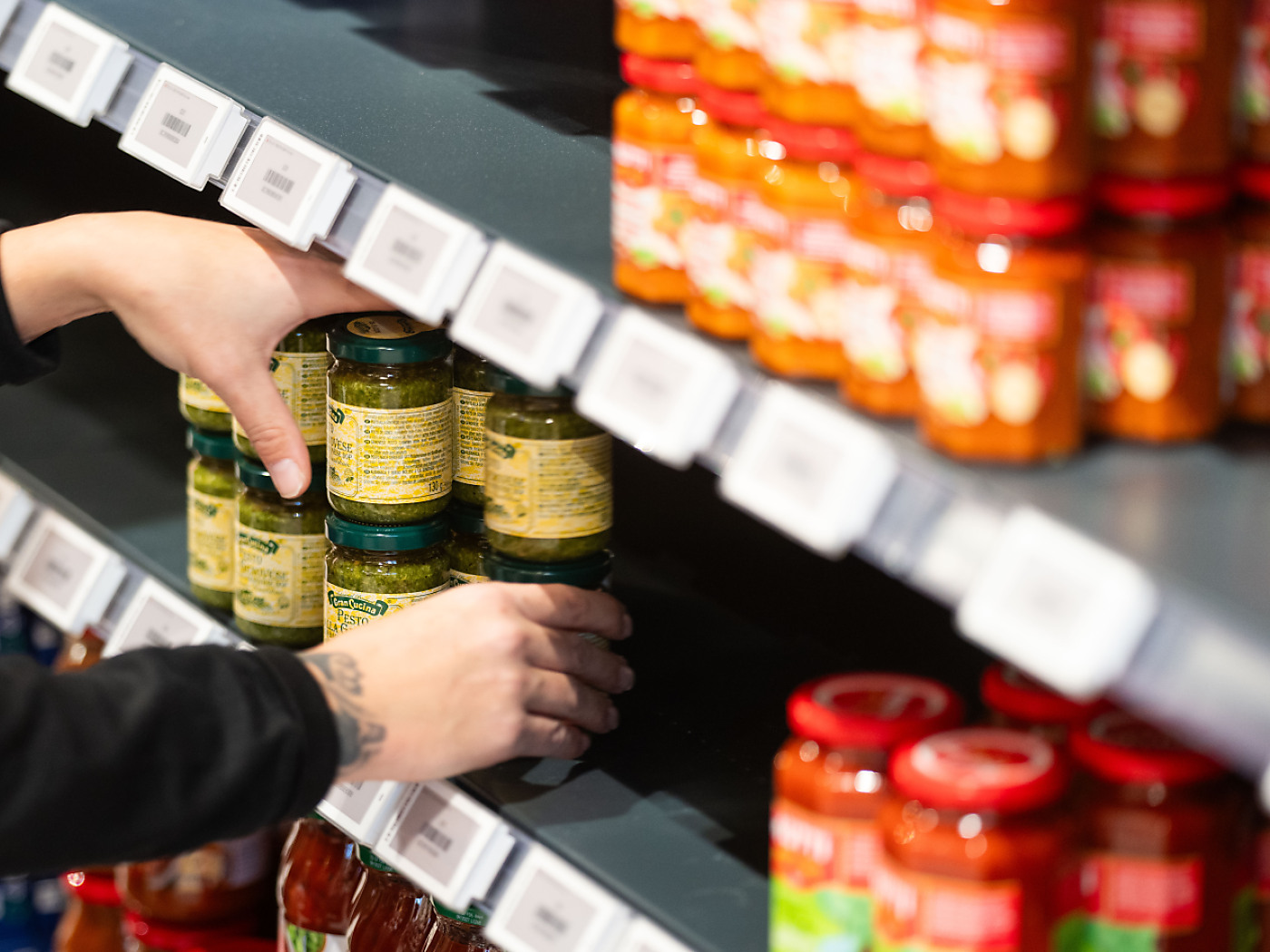

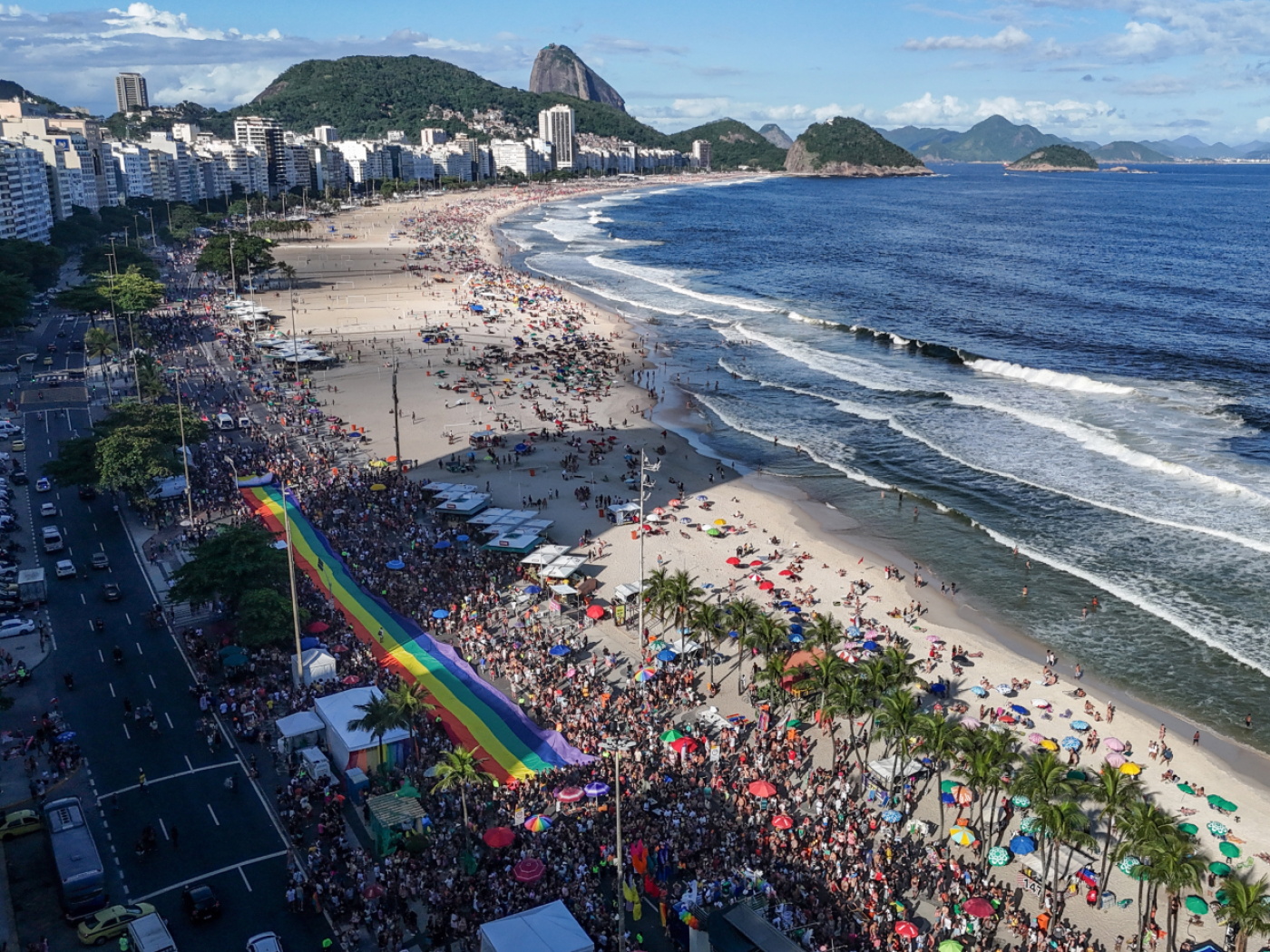


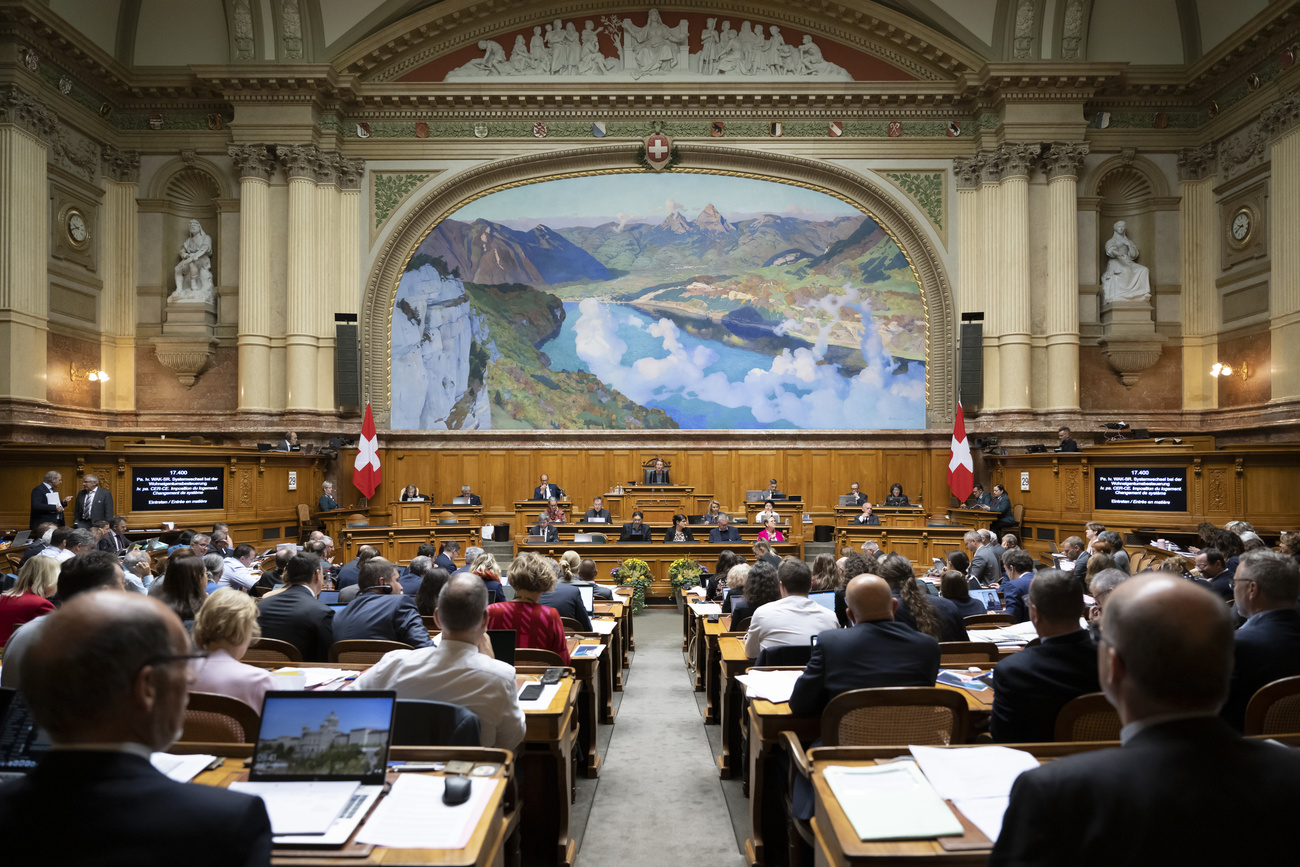
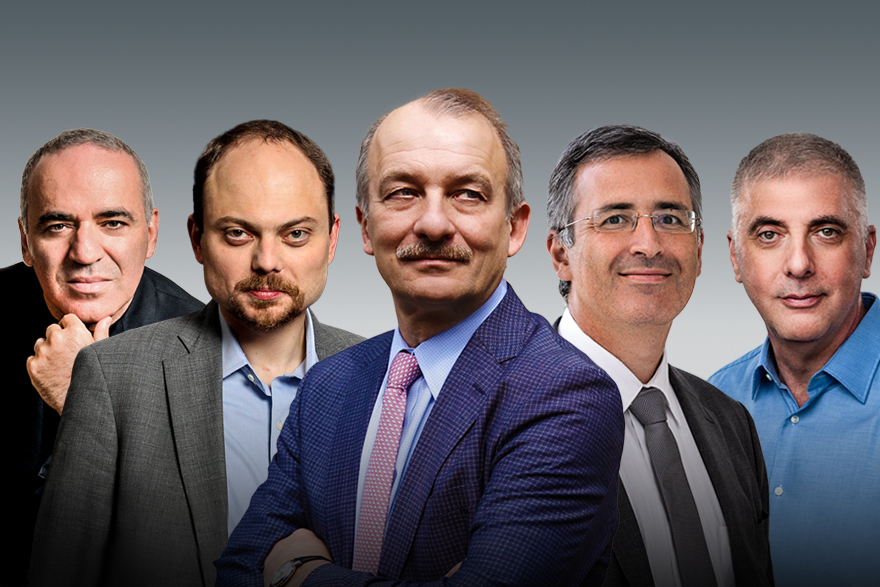
You can find an overview of ongoing debates with our journalists here . Please join us!
If you want to start a conversation about a topic raised in this article or want to report factual errors, email us at english@swissinfo.ch.